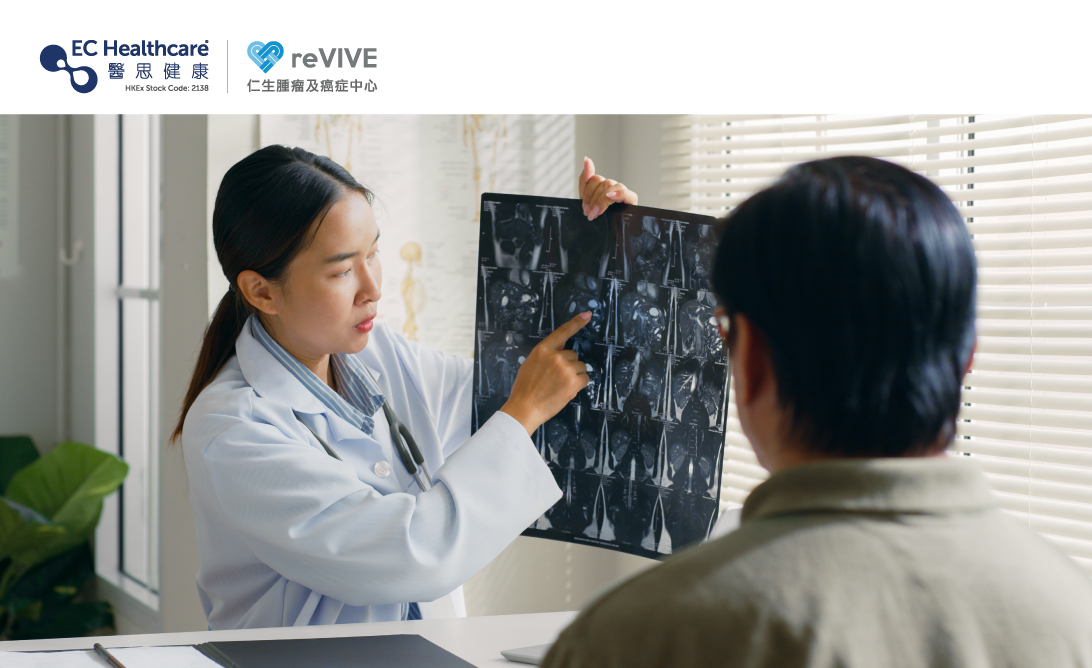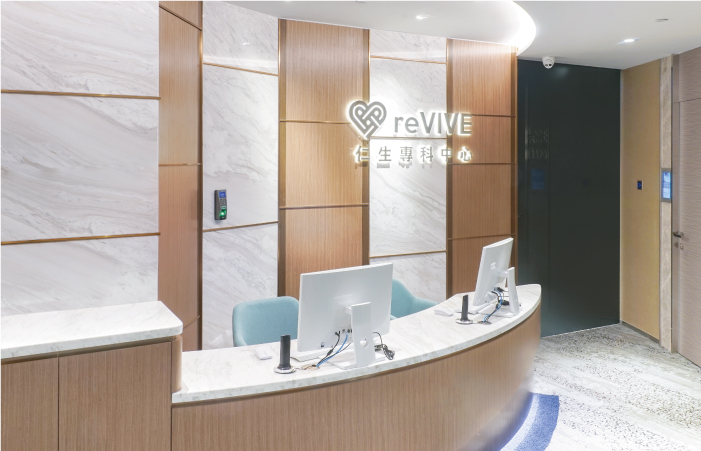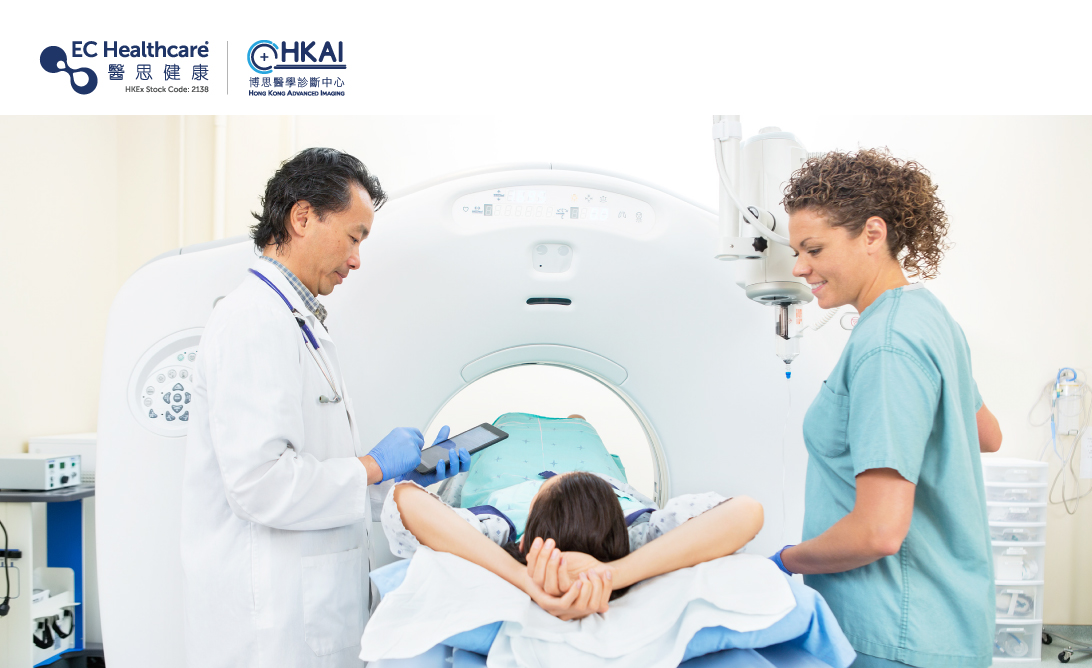1 in 5 People Worldwide Affected by Cancer! WHO Recommends 10 Self-Care Practices to Reduce Risk


Cancer has always been the leading cause of death for Hong Kong residents and even the global population. The World Health Organization (WHO) has recently released the cancer statistics for 2022, revealing an increase of 20 million new cancer cases globally. On average, 1 in every 5 people worldwide will be diagnosed with cancer! Additionally, nearly 10 million cases, which is 1/6 of the population, will succumb to cancer. According to WHO, approximately 1/3 of cancer-related deaths are attributed to unhealthy lifestyle habits. However, many cancers can be prevented if detected early or through improvements in lifestyle. In fact, the risk of developing cancer can be reduced by as much as 30% to 50% with timely improvements and early detection.
Common types of cancer worldwide (2020)
| Cancer Type | New Cases | |
| 1 | Lung Cancer | 2,500,000 |
| 2 | Breast Cancer | 2,300,000 |
| 3 | Colorectal Cancer | 1,900,000 |
| 4 | Prostate Cancer | 1,500,000 |
| 5 | Stomach Cancer | 970,000 |
Common types of cancer in Hong Kong (2021)
| Cancer Type | New Cases | |
| 1 | Lung Cancer | 5,978 |
| 2 | Colorectal Cancer | 5,899 |
| 3 | Breast Cancer | 5,592 |
| 4 | Prostate Cancer | 3,038 |
| 5 | Liver Cancer | 1,771 |
| 6 | Stomach Cancer | 1,306 |
| 7 | Uterine Corpus Cancer | 1,250 |
| 8 | Thyroid Cancer | 1,140 |
| 9 | Non-Hodgkin's Lymphoma | 1,124 |
| 10 | Pancreatic Cancer | 1,116 |
10 Self-Care Practices to Reduce Cancer Risk by Up to 50%
The global incidence of cancer continues to rise, with studies predicting that by 2050, there will be over 35 million new cases worldwide! The WHO attributes the leading causes of cancer to factors such as severe air pollution, increasing rates of smoking, excessive alcohol consumption, low intake of fruits and vegetables, and lack of physical activity. However, it is important to note that currently, 30% to 50% of cancers can be prevented by avoiding high-risk factors. Here are some key preventive measures:
1. Avoid Smoking: Tobacco contains up to 60 carcinogens, and smokers are 20 times more likely to develop lung cancer compared to non-smokers. It is strongly recommended to quit smoking as early as possible and avoid secondhand smoke exposure.
2. Limit Alcohol Consumption: Alcohol is classified as a Group 1 carcinogen, along with tobacco, asbestos, and radiation. The risk of developing cancer is directly proportional to the amount of alcohol consumed. Even moderate drinking can increase the risk of cancer.
3. Maintain a Healthy Weight: There is a strong link between breast cancer, colorectal cancer, and endometrial cancer and being overweight. Controlling weight within a healthy range is crucial for cancer prevention.
4. Balanced Diet: Reduce consumption of red and processed meats and increase intake of fresh vegetables, fruits, and protein sources. This helps ensure a well-rounded and nutritious diet.
5. Regular Exercise: Physical activity strengthens respiratory, cardiovascular, and immune system functions, increases muscle strength, and enhances the body's ability to fight diseases and infections. Incorporating regular exercise into your routine is beneficial for overall health and cancer prevention.
6. Take Sun Protection Measures: Apply sunscreen, wear a hat and sunglasses, and avoid prolonged exposure to ultraviolet (UV) rays to reduce the risk of skin cancer caused by UV radiation.
7. Minimize Exposure to Air Pollution: Kitchen fumes, smoke from candles, secondhand smoke, industrial emissions, ozone, polychlorinated biphenyls (PCBs), and other air pollutants can have negative effects on overall health. Taking steps to reduce exposure to air pollution is important for cancer prevention.
8. Minimize Exposure to Radiation/Carcinogens: Ionizing radiation, asbestos, benzene, heavy metals, and other harmful chemicals are known carcinogens. Prolonged exposure to these substances increases the risk of developing cancer.
9. Vaccination: Getting vaccinated against human papillomavirus (HPV) and hepatitis B can effectively prevent related cancers.
10. Regular Health Check-ups/Cancer Screenings: Early detection of cancer greatly improves the chances of successful treatment and reduces the risk of mortality. It is important to undergo regular health check-ups and cancer screenings.
Related Brands



